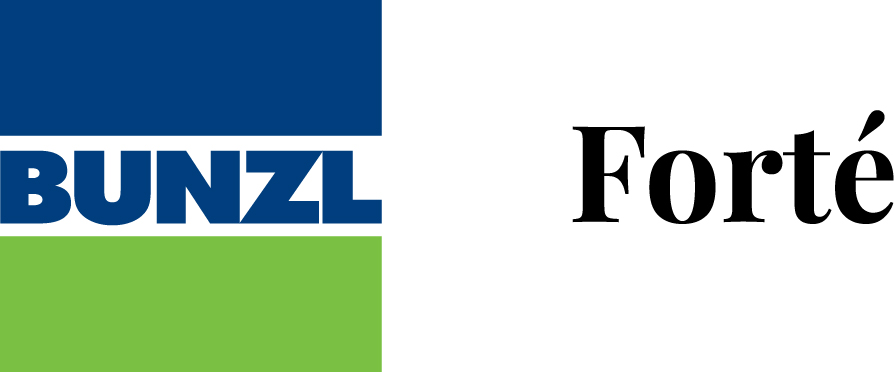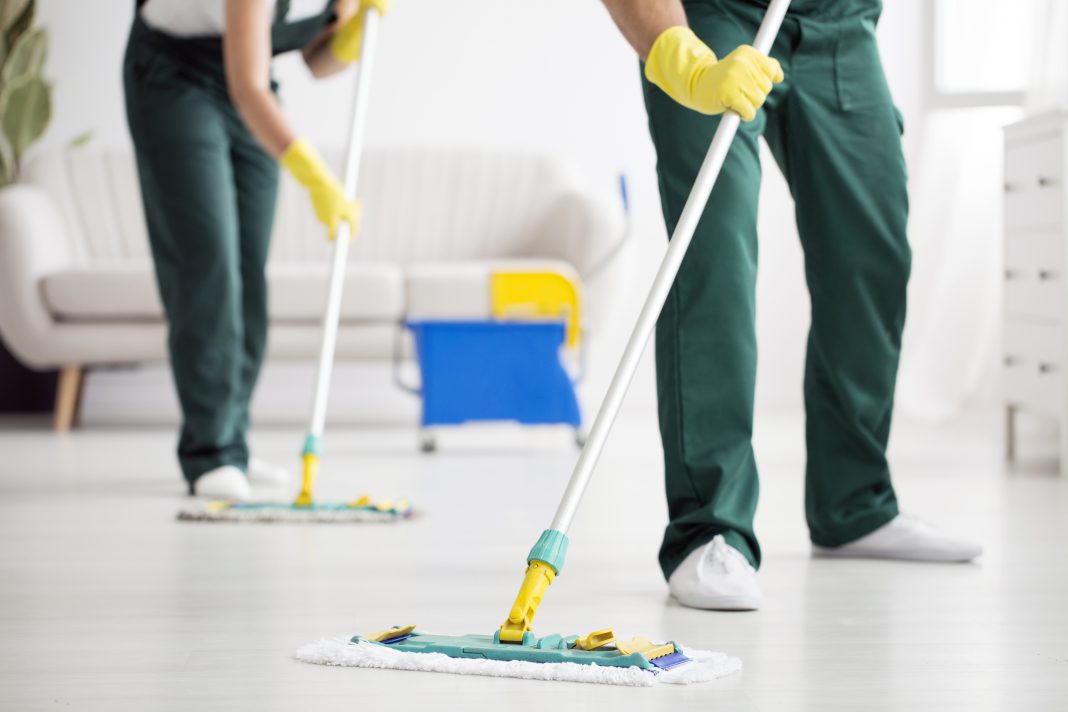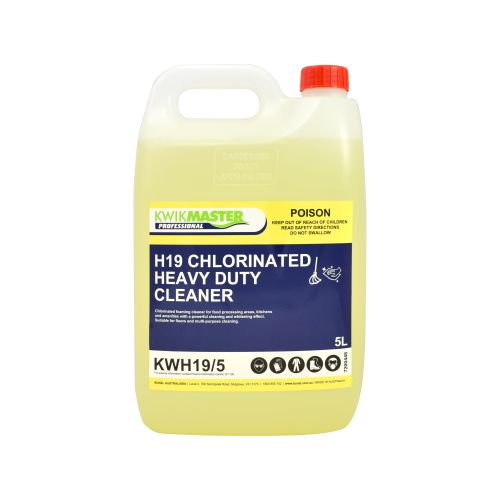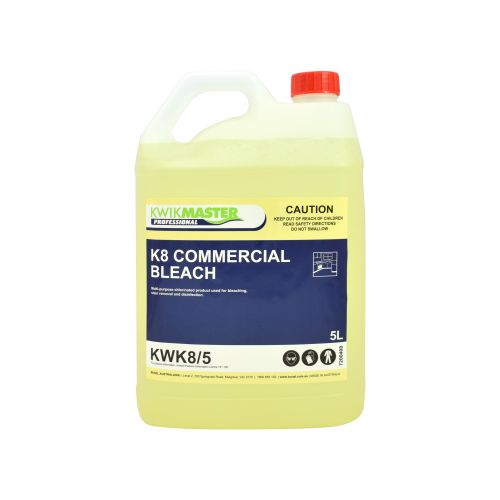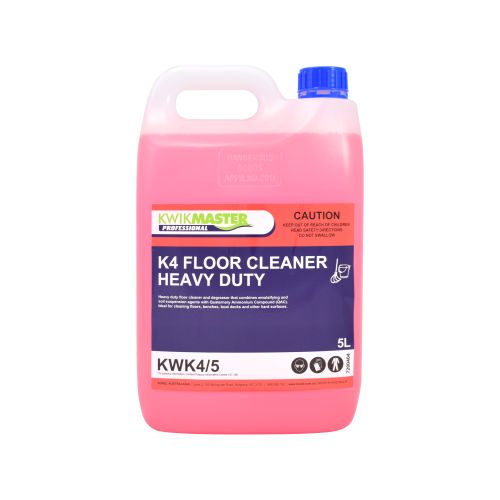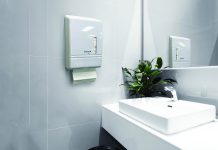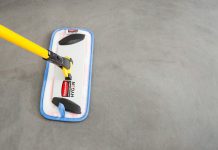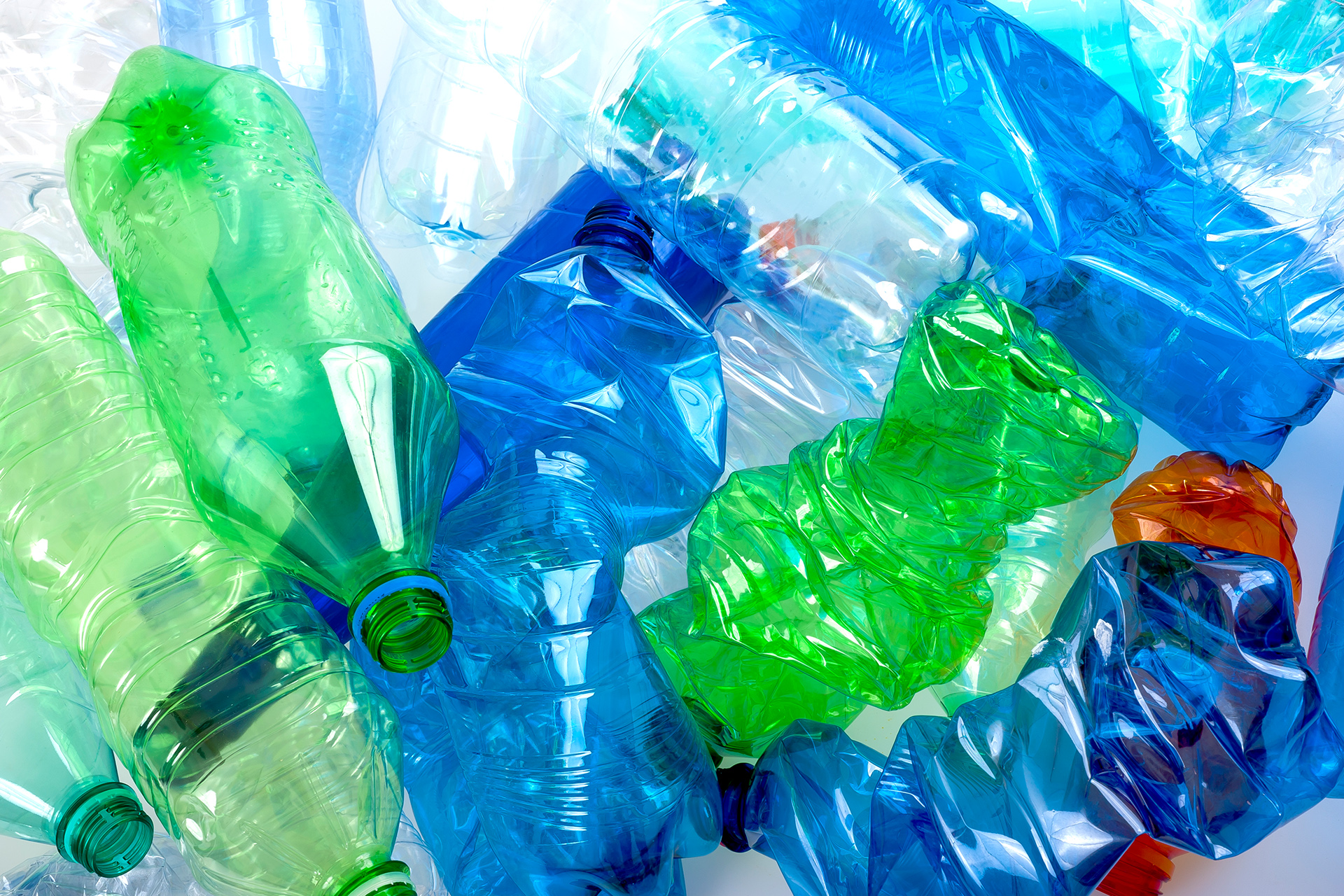It’s an equation we’ve become used to each winter. When the cooler weather arrives we spend more time indoors; the more time we spend indoors, the more germs are spread; and in turn the more susceptible we are to those germs. If you’re running a healthcare or aged-care facility, the implications of that are obvious – and potentially deadly.
Guarding against outbreaks is serious, hard work. But the same considerations should be met wherever people are likely to pass on or pick up infections, whether it’s a cafe, restaurant or food-processing centre, or a largescale venue such as a school or shopping centre. For all of these, maintaining hygiene needs to be a key factor when making preparations for winter. That means ensuring you’re following best practice when it comes to cleaning to keep your employees, customers and residents or patients safe.
Transmission Time
According to medical data collected over winter in the Northern Hemisphere, it’s believed Australia and New Zealand’s winter could present increased transmission of viruses such as the flu, Respitory Syncytial Virus (RSV) and the various COVID strains. To protect against outbreaks, facility managers have the responsibility to ensure cleaners follow industry best practice, know which chemicals and equipment to use efficiently and effectively, and are aware of what areas may require increased attention. This is highlighted in large-scale facilities where time and labour are key factors. In this case, high touchpoint areas – such as entrances, lobbies and bathrooms should be of focus with requent attention given to these spaces.
Thomas Walkerden, Account Manager – Facilities Management & Government, Bunzl Australia & New Zealand, says there are several areas of improvement that have been identified across the facilities management sector. “Some key areas of focus are cleaning before disinfecting and sanitising, designating cleaning cloths to particular areas according to industry standards and implementing industry-specific training or certification.” With the right training and knowledge, cleaners can efficiently and effectively keep even large venues clean and safe.
Chemical Attraction
Crucial to delivering a thorough clean, you need to ensure the appropriate chemicals are being used for the right areas – and in the right way. Consider, a premium quality microfiber cloth for superior cleaning performance should remove 99.99% of bacteria for a hygienic clean.
According to Walkerden, the following products are particularly important to cut through the winter germs:
Chlorine Dioxide: this is the basis of a lot of chlorinated heavy duty cleaners which are ideal for food processing areas, commercial kitchens and amenities.
Hydrogen Peroxide and Peracetic Acid: these chemicals shouldn’t be mixed with anything other than water and are often formulated as multi-purpose products that can be used for stain removal, disinfection and deodorising.
Quaternary Ammonium Compounds (Quats): used to neutralise bacteria, this chemical can require extended contact or dwell times to be effective. Often used in disinfectants, sanitisers and degreasers. With the right mix of cleaning and hygiene best practices and implementation of industry standards, we can all help limit the spread of germs and bacteria in facilities this winter.
10 Best-Practice Cleaning Tips According to Bunzl’s Thomas Walkerden
- Clean before disinfecting and sanitising
- Designate cleaning cloths to particular areas according to industry standards i.e. blue for general cleaning, green for kitchen areas, red for bathroom areas, yellow for infectious areas
- Implement industry specific training or certification Ensure cleaning equipment is always clean and in good working order
- Blot stains instead of rubbing
- Adhere to the manufacturer’s dwell times for chemicals before wiping surfaces
- Use microfibre instead of sponges to clean surfaces
- Use vacuum cleaners, auto-scrubbers or carpet extractors that have HEPA filtration
- Change cleaning cloths frequently
- Ensure, where possible, there is proper ventilation as some chemicals can affect people with breathing difficulties
